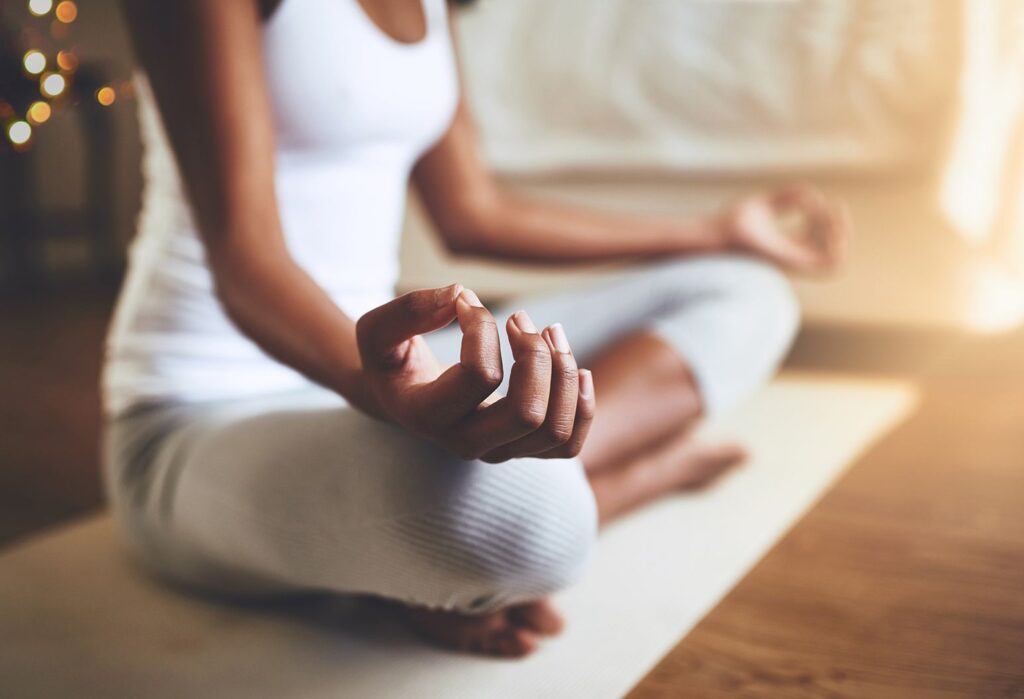In the realm of holistic healthcare, the integration of traditional pharmaceuticals is often met with skepticism. However, as we strive for comprehensive and patient-centered approaches to mental health and well-being, there is a growing recognition of the role that diazepam, a benzodiazepine commonly used to treat anxiety disorders, can play in bridging the gap between conventional and holistic treatment modalities. While holistic approaches typically emphasize lifestyle changes, mindfulness, and alternative therapies, incorporating diazepam into the treatment toolkit can enhance the overall effectiveness of these strategies. Diazepam, commonly marketed under the brand name Valium, belongs to a class of medications known for their anxiolytic properties. Its ability to modulate the activity of gamma-aminobutyric acid GABA, a neurotransmitter that inhibits brain activity, makes it a valuable tool for managing acute anxiety. However, its integration into holistic treatment approaches extends beyond its immediate pharmacological effects. When used judiciously and as part of a comprehensive plan, diazepam can provide a stabilizing foundation, enabling individuals to engage more effectively in holistic practices.

Holistic treatment often emphasizes the importance of lifestyle modifications, such as exercise, nutrition, and sleep hygiene. Diazepam can serve as a temporary support to alleviate the intensity of anxiety symptoms, allowing individuals to engage more readily in these lifestyle changes. By reducing the immediate burden of anxiety, diazepam creates a conducive environment for individuals to adopt healthier habits, promoting long-term well-being. Mindfulness and relaxation techniques are integral components of holistic approaches, fostering mental resilience and stress reduction. Diazepam, when used under the guidance of healthcare professionals, can complement these practices by providing a temporary reprieve from overwhelming generic valium for anxiety. This synergistic approach allows individuals to cultivate mindfulness skills more effectively, laying the groundwork for sustained emotional balance. Additionally, diazepam can facilitate the integration of alternative therapies, such as acupuncture, yoga, or massage therapy, into holistic treatment plans. By mitigating acute anxiety symptoms, diazepam provides a window of opportunity for individuals to explore and embrace these alternative modalities.
The combination of pharmacological support and holistic therapies creates a dynamic synergy that addresses both the immediate and underlying aspects of mental health. It is crucial to underscore that the integration of diazepam into holistic treatment approaches requires a personalized and cautious approach. Collaborative decision-making between healthcare providers and individuals is paramount to ensure responsible and effective valium uses. Moreover, ongoing monitoring and adjustments to treatment plans are essential to prevent dependence and promote a gradual transition toward self-sustained holistic practices. In conclusion, diazepam can serve as a valuable bridge between conventional pharmacotherapy and holistic treatment approaches in mental health. When integrated thoughtfully, it can empower individuals to engage more fully in lifestyle modifications, mindfulness practices, and alternative therapies, fostering a holistic approach that addresses the multifaceted nature of mental well-being.